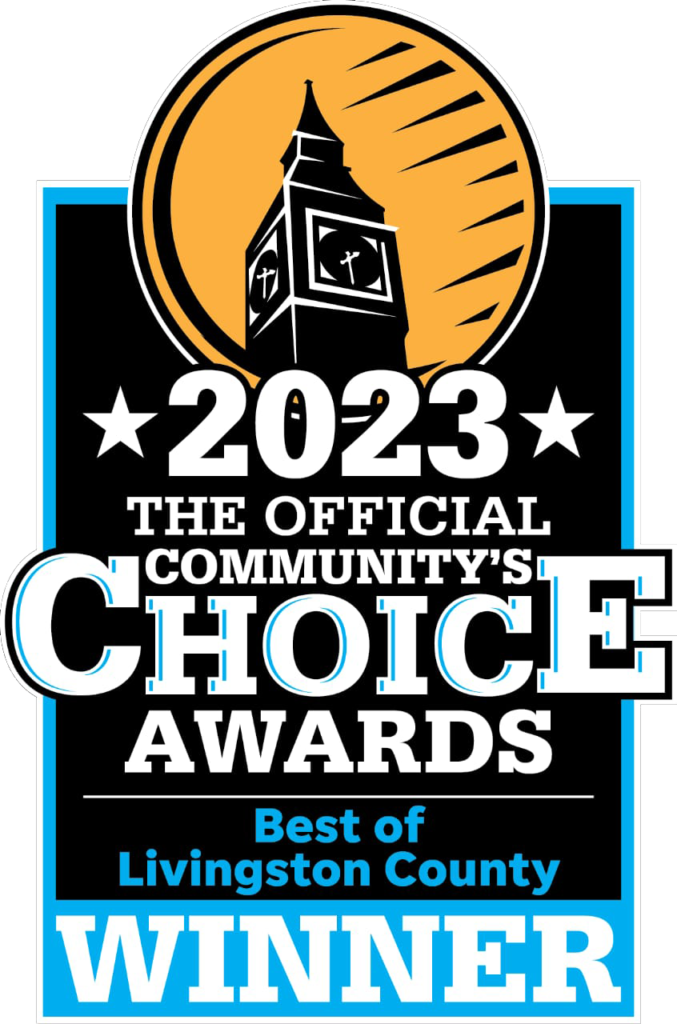A homeowners association in Michigan, through its bylaws, mandated preapproval of all new development by an architectural control committee, created additional building standards, and required submission of a fee for all plans, none of which were in the restrictive covenants of the neighborhood. Property owners, who were seeking to build homes, sued the homeowners association in an effort to invalidate these new requirements. In Conlin v. Upton, 313 Mich. App. 243 (2015), the Court of Appeals confirmed that homeowners association bylaws that purport to “interpret” a restrictive covenant will not be enforced if they amount to an additional burden on the land.
Property owners that were a part of the homeowners association argued the homeowners association used the procedural mechanism of its bylaws, which required only approval of the majority of the owners, to improperly institute additional restrictive covenants on the neighborhood. Under Michigan common law, restrictive covenants require unanimous owner approval.
Not surprisingly, the homeowners association claimed the bylaws did not contain new restrictions, but were merely an interpretation of the existing covenants or an extension of express powers granted to it.
The court held that the original restrictive covenant that all plans be “in harmony with the development” could not be interpreted or extended by the homeowners association into a mandated, detailed set of building criteria not contemplated by the original covenants. Allowing this, the court reasoned, would effectively circumscribe the discretion of the developer or his assign, which discretion was clearly contemplated by the original covenants.
Practice tip for homeowners associations and their boards: While it is an accepted and common practice for homeowners associations to approve bylaws or other rules for covenant interpretation, this case is a reminder that bylaws creating new obligations which go beyond the scope of existing restrictive covenants may prove to be unenforceable.
If you have questions relating to this recent decision or other matters relating to your homeowners association, please contact Abby Cooper or Jamie Stewart at 810-227-3103.


